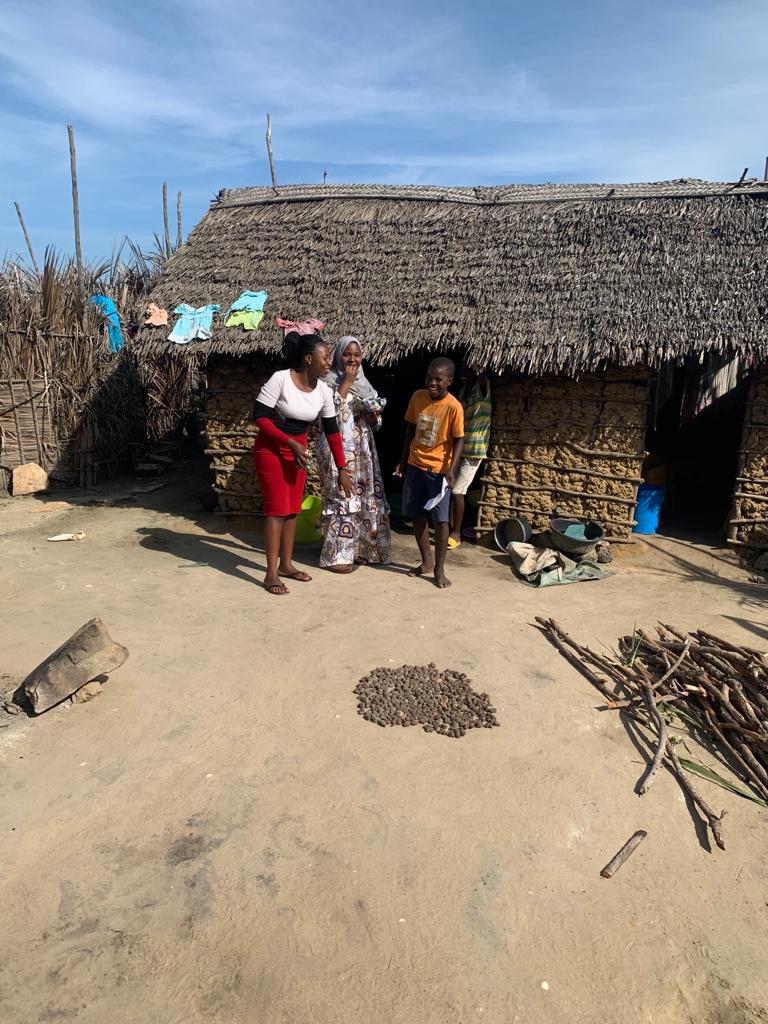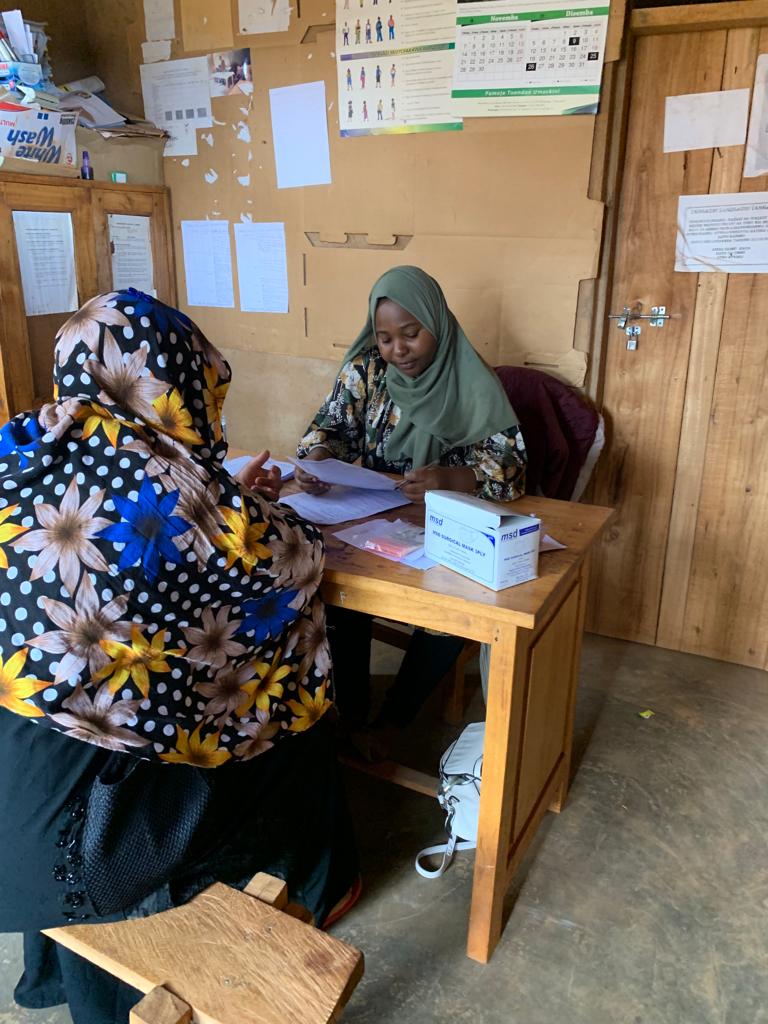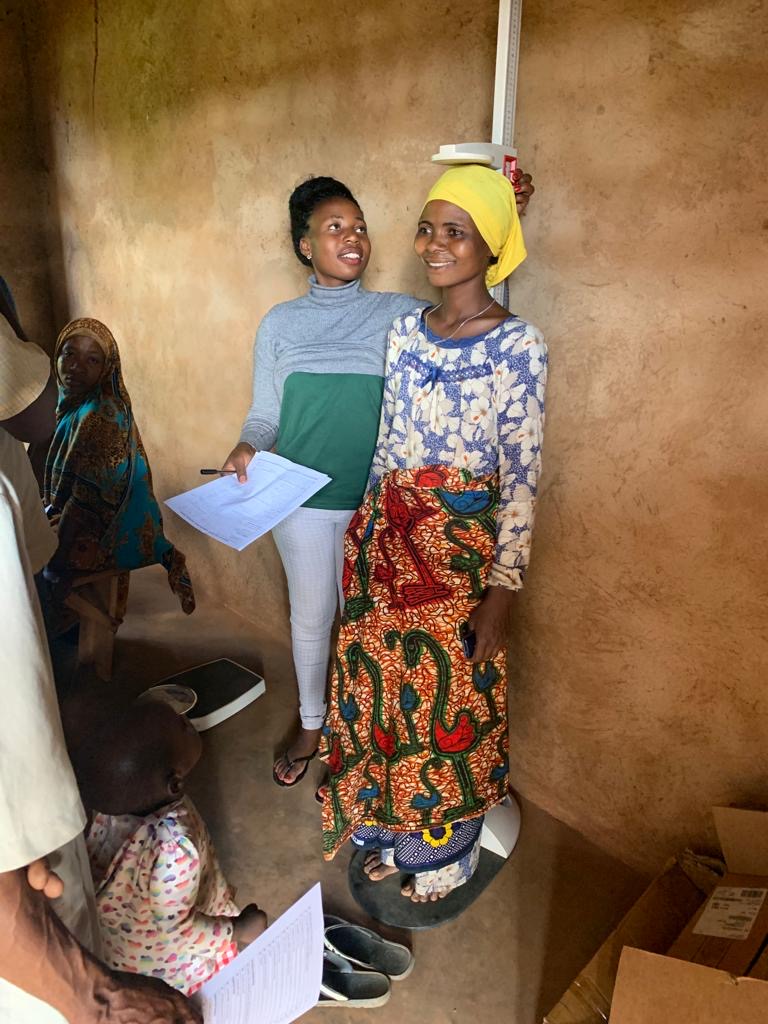CAMIPATA
Climate change and its Adverse effects on the double burden of Malnutrition and Infectious diseases among women of reProductive Age in TAnzania (CAMIPATA)
Start date: 1 June, 2023
End date: 31 May, 2028
Lead institution: University of Copenhagen (UCPH), Denmark
Partner institutions: National Institute for Medical Research (NIMR), Tanzania .
Joint Malaria Programme (JMP), Tanzania
Project coordinator: Christentze Schmiegelow
Co-investigators: Daniel Minja, Principal Research Officer NIMR; George Mtove, Senior Research Officer, NIMR; Christian Wang, Assoc. Professor, University of Copenhagen; Line Hjort, Postdoc, University of Copenhagen; Britt Tersbøl, Associate Professor, University of Copenhagen; Berit Heitmann, Professor, University of Copenhagen; Michael Alifrangis, Assoc. Professor, University of Copenhagen; Sia Msuya, Professor, KCMC University; Rachel Manongi, Professor, KCMC University; Reginald Kavishe, Professor, KCMC University; Raimos Olomi, Professor, JMP; Isabella Swai, MD and PhD fellow KCMC University; Victor Katiti PhD fellow KCMC University
Funded by Danida Fellowship Centre, Ministry of Foreign Affairs, Denmark
In this project, we seek to explore and identify high-risk mothers for tailored management to alleviate the impact of climate change on reproductive health in rural Tanzania. The relationship between climate change, food availability, malnutrition, malaria, and physical and mental well-being will be explored in order to develop strategies to best tackle reproductive health adversities.
Climate change, with rising temperatures and changing rainfall patterns, are long-term threats to food security, reducing the nutritional value and increasing the risk of crop failures. Climate change also increases the global risk and spread of vector-borne diseases. In particular, the occurrence of malaria parasites, as temperature and rainfall affects the malaria vector population dynamics. Of great concern are pregnant women who have heightened nutritional requirements and increased risk of malaria. Both malnutrition and malaria can negatively impact pregnancy outcomes. In addition, climate change can indirectly affect the physical, mental, and social well-being of pregnant women. Pregnant women from food-insecure households are more likely to suffer from depression, anxiety, and stress, which in addition to malnutrition and malaria may interact to further worsen pregnancy outcomes.
We will establish a cohort of 600 pregnant women in rural Tanzania, followed from the 1st trimester until 6 weeks post-partum. We will also conduct cross sectional surveys before and after rainy seasons, and continuously monitor weather patterns in the area. Maternal macro- and micronutritional status and incidence of malaria will be assessed and we will investigate if they synergistically associates with poor pregnancy outcomes including decreased birth weight, and newborns stunting and wasting. Food availability will be evaluated in relation to local weather patterns, measured macro- and micronutritional status, biomarkers of metabolic health and pregnancy outcomes. Experiences and knowledge related to the adverse effects of climate change, including food insecurity and associated influence on physical and mental well-being, will be assessed among pregnant women, their partners and key community informants.
Knowledge gained through the project will assist researchers, health staff, and policy makers tailoring local applicable interventions to deal with some of the crucial health consequences of climate change and ensure good health among women in the reproductive age and their children.



